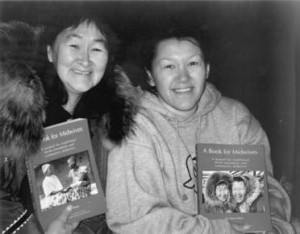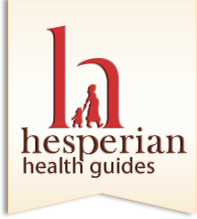By Matthew Crimp
Last December, I started in earnest to think about an ever-present fear in the college student’s life—finding an internship for the summer. I pored over job search websites, talked to my school’s counselors, and, when all else failed, sent a pleading mass email out to my contact list of family and friends. I vaguely referred to terms such as “social medicine” and “health equality” in my preferences for a job. I’m going to be a third-year student at Williams College in Massachusetts, and I wanted something that would intertwine my sociology major with my pre-med classes and my interest in social justice work.
As usual, it was family that came through in the end, with my uncle suggesting Hesperian and giving me a link to the web page. Initially, I was a little nonplussed. They publish books? However, as I delved a little deeper into Hesperian’s mission and how the materials work (including reading their blog), I became interested. The model of community-supported independent health care that the books espouse was one that I had encountered elsewhere (most notably in reading about organizations like Partners in Health) and it was something that I wanted to learn more about. I contacted Hesperian about a summer internship, and, after some financial wrangling with my school to get a work grant, arrived in Berkeley in early June.
The first thing that I was struck by was the complete friendliness, openness, and generally good “onda” of the people who work in the office. Everyone here genuinely likes each other and the work that they do, and work long hours to make sure that the books they publish are as helpful, accurate, and beautiful as they can be. Reading a copy of Donde no hay doctor on one of my lunch breaks, I suddenly realized just what went in to producing a book like this, a product of endless scrutiny, revision, and promotion. The people who work here know that their books affect others in profound ways, and that is what drives them.
I spent the majority of my time supporting Hesperian’s new initiatives to share health information electronically. I also worked on research for the 2010 edition of Where There Is No Dentist, researched possible field review partners for the upcoming Spanish edition of A Community Guide to Environmental Health, and contributed to an interactive map for the website that is currently in progress.
Overall, I felt that I gained a deep understanding of Hesperian’s philosophy of community-based health and health equality and independence. This is the view that people should be knowledgeable about their own health issues and be able to treat a large share of them, as opposed to relying on a knowledge-giving doctor for everything. The horizontal rather than vertical knowledge and power structure not only appealed to me on a social justice level, but on a very practical one as well. Here are materials that you could use to better your health yourself, in a DIY fashion that is respectful of different people’s cultures and attitudes. I glimpsed that practicality through talking with some of the staff here, as well as from brown-bag presentations by some of the amazing people that use them around the world.
 As I prepare to travel back to my home state of Alaska (another place where Hesperian materials have been used!) and eventually back to college, I feel very lucky to have taken part in the work here, met these awesome people, and to have gained a new perspective on how health care can be provided respectfully and effectively. You don’t have to be someone in a white coat to help others in terms of health, equality, and social justice.
As I prepare to travel back to my home state of Alaska (another place where Hesperian materials have been used!) and eventually back to college, I feel very lucky to have taken part in the work here, met these awesome people, and to have gained a new perspective on how health care can be provided respectfully and effectively. You don’t have to be someone in a white coat to help others in terms of health, equality, and social justice.
If you are interested in volunteering with us in our Berkeley, CA office, please email us at [email protected] with your resume and a brief description of your work/volunteer history and any specific skills and interests.






